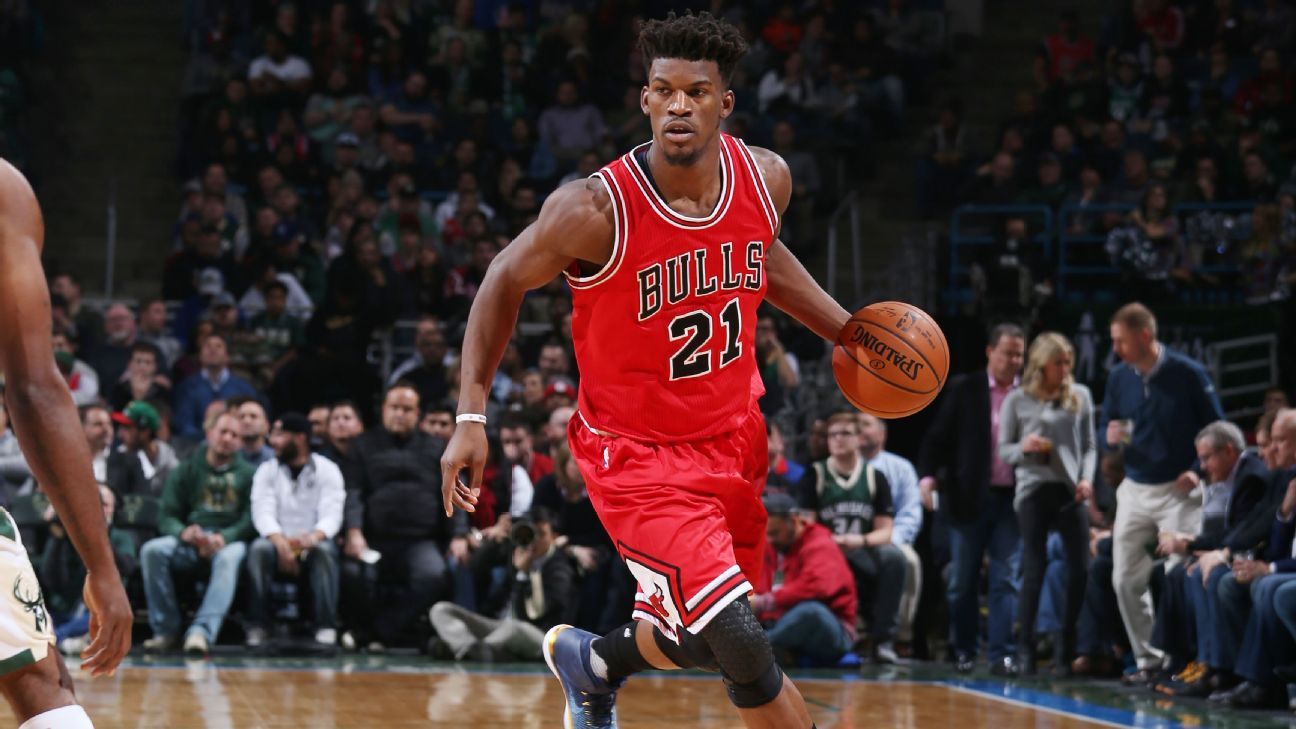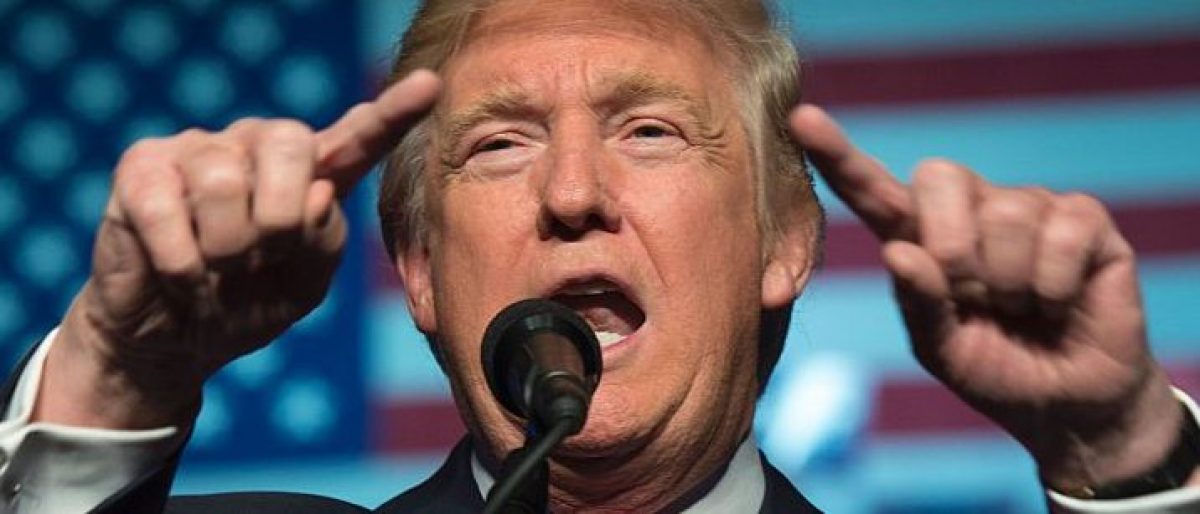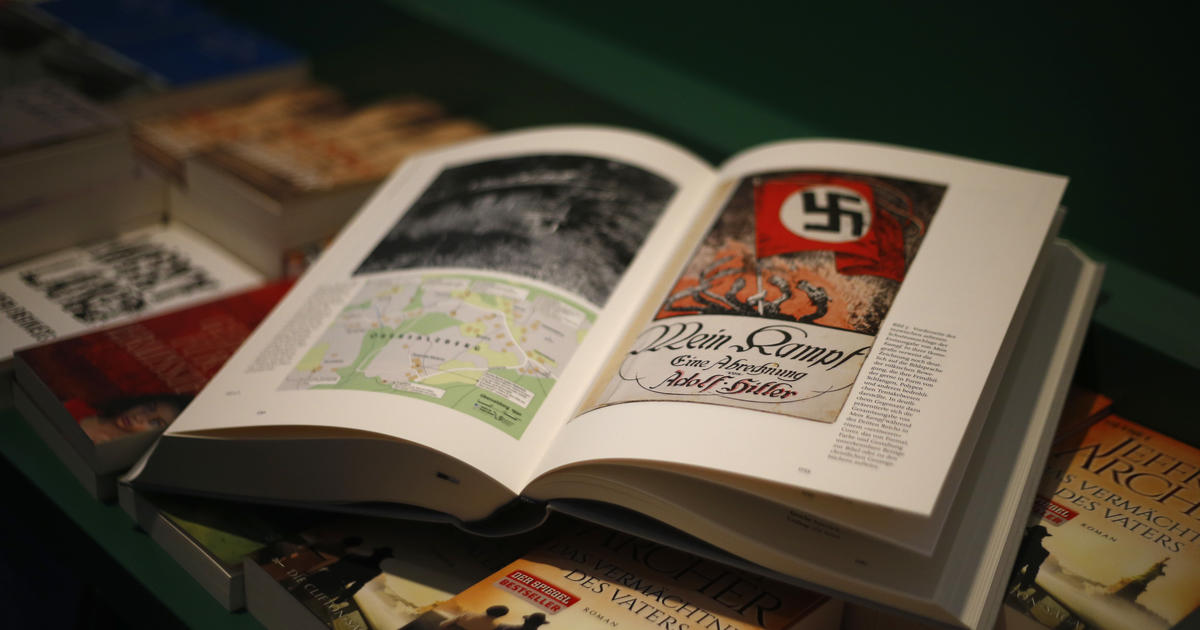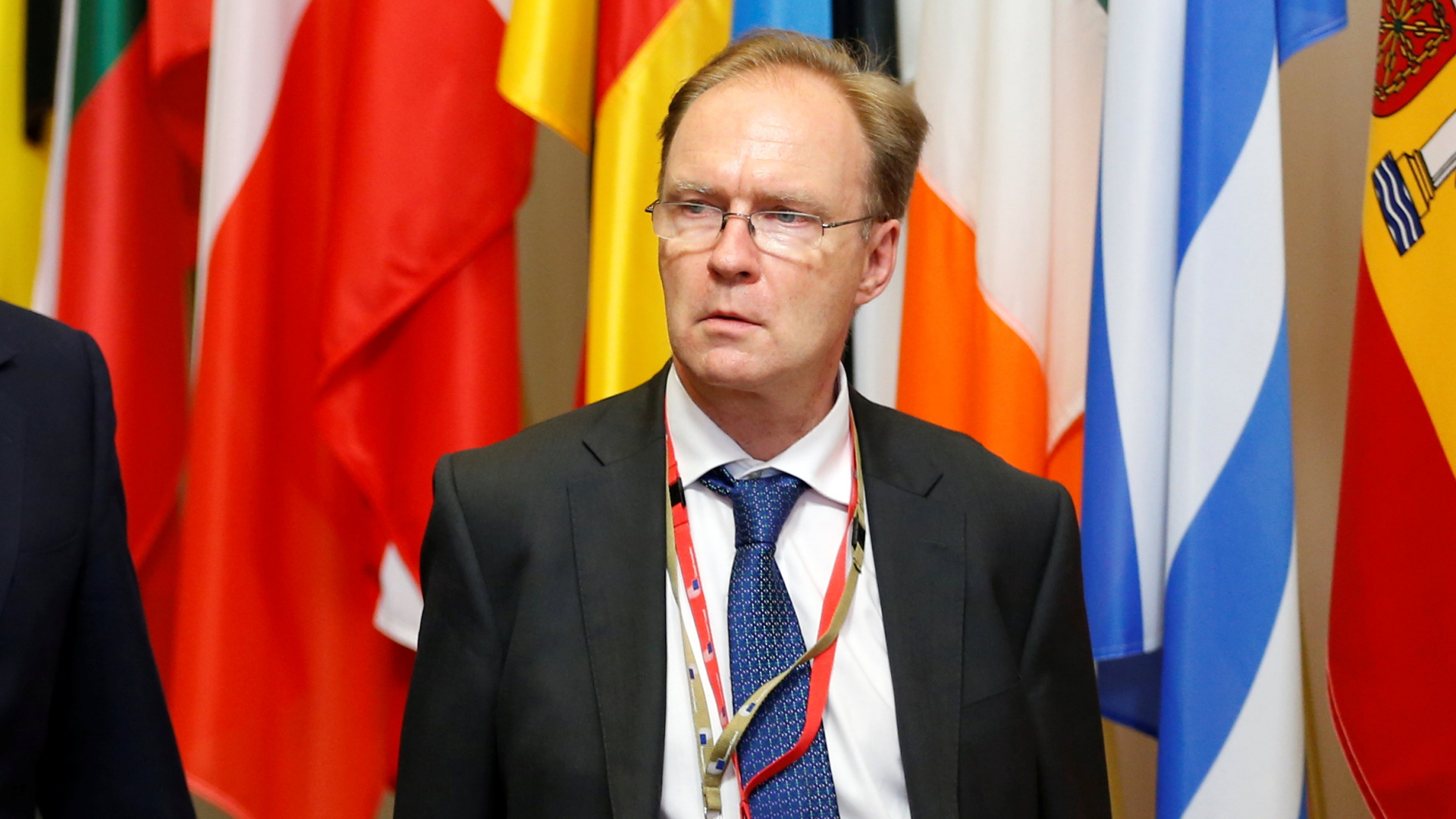What if the UK reverses its decision to exit the EU? Why you should watch the World Darts Championship final – even if you don’t like darts
 Theresa May’s interest is served by keeping Brexit to a series of binary questions in which the alternative to acceding to her will means abandoning Brexit. Will Parliament treat the referendum result as binding though it was technically advisory? Will it approve the triggering of Article 50? Will it legislate to end the primacy of EU law (the Great Repeal Bill)? The moral force of the referendum result, and the self-preservation instincts of the majority of MPs whose constituencies voted Leave, mean the answer to such questions is always likely to be yes.
Theresa May’s interest is served by keeping Brexit to a series of binary questions in which the alternative to acceding to her will means abandoning Brexit. Will Parliament treat the referendum result as binding though it was technically advisory? Will it approve the triggering of Article 50? Will it legislate to end the primacy of EU law (the Great Repeal Bill)? The moral force of the referendum result, and the self-preservation instincts of the majority of MPs whose constituencies voted Leave, mean the answer to such questions is always likely to be yes.
But more awkward questions, such as what kind of Brexit the British people voted for; whether Brexit implies withdrawal from the single market; and whether the UK should remain a part of the customs union, are to be avoided at all costs, because there is no coherent position on which a majority in Parliament, or more importantly for May, her own Conservative party, agrees. Most MPs want full, unimpeded access to the single market, the reestablishment of border controls, and freedom from the jurisdiction of the European Court of Justice (ECJ). In other words, they want the benefits of EU membership without the responsibilities.
But the EU27 is unwilling to compromise the integrity of the four freedoms (free movement of goods, capital, services and people), and the authority of the ECJ is required to ensure that the rules of the single market are adhered to. So the positions of the UK and the EU27 are in inherent contradiction, a non-overlapping Venn diagram, which, as long as it persists, will make efforts to find a compromise futile.
This is our central view. It is a story which ends with the UK falling back on WTO rules, cross-Channel supply chains being disrupted, and non-tariff barriers being re-erected to the cost of UK-based firms. All the available evidence suggests the two key premises on which this narrative is based (that the EU will not compromise on the four freedoms and that the UK will insist on «taking back control» of its borders and laws) are sound. But if they are not, there may be a different story to tell. The EU ain’t bluffing
We don’t adhere to the view that the EU is «bluffing», or that their repeatedly-stated position is an opening bid in negotiations. A «sweetheart deal», in which the UK enjoys better terms as a non-member than it could as a member is not possible in our view – the stability of the project for the remaining EU27 is the top priority. But we also believe that the quest to ensure the stability of the EU could ultimately undermine the case for Brexit itself.
Key EU countries are facing similar populist pressures that have led the UK to Brexit and the US to Donald Trump. Disillusionment with the EU and its strictures is finding an outlet in the domestic politics of countries typically thought to make up the «core» of the eurozone and the EU. Of the three major EU elections next year, eurosceptic parties lead in the Netherlands, lie second in France and in third place in Germany. Angela Merkel’s announcement that she intends to ban the wearing of the burkha “wherever possible” was a striking indication that Alternative für Deutschland, Germany’s right-wing eurosceptic party, is influencing her policy platform.
Francois Fillon, favourite to win the French presidency next year, has also spoken of the need to reform the EU and tighten the controls on Schengen’s external border to reduce immigration. The need to reconnect with the voters who object to the change that has accompanied globalisation and mass immigration, the kind of voters who chose Brexit, appears to have reached the top echelons of European politics.
So could the EU embark on a path of reform? Potentially yes. Could that involve changes to free movement rules? That is more of a stretch, the key stumbling block being that any substantive changes would require treaty change, which in turn requires unanimity among member states. Eastern European states, many of whose citizens work abroad and whose economies benefit from remittances they send home, would be likely to object.
In all likelihood next year will see Merkel re-elected and Marine le Pen defeated, but Eurosceptic, anti-system parties may not have to take power in those countries to convince their leaders that the EU’s current path is unsustainable. A turning point
If, for the sake of argument an EU reform process looks to be in the offing, and, as the UK edges nearer to the precipice of a hard Brexit, with negotiations yielding little to cushion the blow (as we expect will be the case) the urge to pull back from the edge may start to grow stronger. What, if suggested now, would be dismissed as denying the referendum result, could start to look more a credible option as the realities of a hard Brexit and its potential impact are explored by the media.
Until that point is reached, public opinion seems unlikely to turn, meaning the UK will have to be well on the path to Brexit before it can consider changing course. Pulling back from the edge will likely require the withdrawal of the UK’s Article 50 notification. Whether this is possible is a legal question, which may ultimately be decided by the ECJ, assuming the European Council does not agree an interpretative guideline. For the ECJ to rule, a reference must be sought by a lower court. Reports indicate a case may be brought in Ireland within weeks with a view to inducing such a reference. In our non-learned opinion, based on the publicly stated views of various politicians and lawyers, and more cynically on the basic interest that the EU would serve by allowing those countries that wish to stay to do so rather than forcing them out, the ECJ is likely to rule that notification can be withdrawn.
The final binary question served up by Theresa May seems likely to be: Deal or no deal? If in two or so years the EU has started on a path to reform, the possibility of withdrawing an Article 50 notification has been confirmed, and the exit terms look singularly unattractive, will the answer be an inevitable yes? Perhaps not.
Richard Mylles is a political analyst at Absolute Strategy .
There are few things on this planet which never disappoint. The World Darts Championship is one of them. Every year on the year, it bestows an unstoppable fortnight of dramatic brilliance, amplified by a bloody lot of bloody fun. There is nothing like it.
The game itself is simple, repetitive, comforting and compelling; sending a dart from hand to board is a rhythmic, hypnotic, idiosyncratic treat – the bass beat on contact complemented by the intellectual thrill of calculating scores and predicting outshots (the finishing sequences). Because it is immediately obvious what is going on, it is immediately absorbing, and because so many of us know how easy it is to play but how impossible it is to play well, we have a handy frame of reference to swiftly make it about ourselves.
Nor does it stop there. Darts is about far more than chucking a pointy thing at a flat thing; it tells a story of humanity that is animated and crystallised in close-up and high-definition. No other sport shows, simultaneously, action and reaction; on stage and on camera, there is nowhere to hide.
Brooking neither luck nor tactics, darts facilitates neither refereeing errors nor stalemates; excuses do not exist. Players can do nothing to affect one another. If things are going badly, no teammate will be along to save them, and there is no option to roll into the reds, deadbat a few or cover up on the ropes. Their only option is to throw better.
As such, there is no more exacting test of pressure, no examination of vertebrae more thorough. Under lights, on camera and in front of a crowd, perform a fine motor skill predicated on a steady hand and an empty mind – good luck with that.
“But is it a sport?” ask the kind of funsters who, in other scenarios, prattle on about the differences between indica, sativa, serotonin and empathogens. The correct answer, of course, is: “Who gives a shit?”
One of the most beautiful things about sport is that it allows us to share the most exhilarating, demoralising moments of people’s lives, entwining them with our own and supplying an intensity otherwise lacking – and darts takes that to another level. We see every expression of tension, fear, devastation and ecstasy – you might call it love – so feel that we know the players, and accordingly, can imagine that they know us too.
Because of that, darts offers a study in humanity to captivate not just those who like darts but those who like anything – its themes the same as those found in literature, theatre, cinema and art. Or, put another way, enjoying it is not a matter of taste; rather, there are those who do and those yet to discover that they do.
And, at the moment, darts is the best sport in the world. This is partly because others are regenerating; there are very few great teams and great individuals currently at their peaks. Darts, on the other hand, has never been played better. Michael van Gerwen won 25 tournaments last year, and 18 tournaments in 2015. He also set a new record for the highest three-dart average ever recorded on television, 123.40 .
Van Gerwen is not just the best dart player in the world but the best anything in the world; one of the best anythings in the history of everything. And he is only 27.
But, as with any great sportsperson, to assess van Gerwen by his numbers is to miss the point entirely. A wondrous bolus of uncut genius, his competitive charisma is startling – a mix of passion, intimidation, egomania, and the most distinctive phizog of all-time. He throws darts like flaming javelins, celebrates like a psychopath, and because it is impossible not to know how good he is, he makes no attempt not to know how good he is. He is perfect.
But he has won only one World Championship, in 2014 – the two since then taken by Gary Anderson, his good friend and polar opposite. A laidback, likeable Scot, Anderson is prone to miscounting and, until very recently, to mis-seeing. Only recently did he start wearing the glasses that he’s needed for years. Early in his career, Anderson was the man who faltered at crucial moments, but after working through family tragedy and adding another son to the two he already had, he convinced himself that it wasn’t important whether he won or lost and suddenly became the man who peaks at the right time.
The World Championship format is to his advantage. Generally, matches take place over legs, a succession of races from 501 to zero. But here, each forms part of a set, offering a margin of error to the inconsistent and absent-minded – playing legs against someone as relentless as van Gerwen is almost impossible.
And tonight, the pair meets in the dream final. Anderson, almost disquietingly relaxed, has sailed through his half of the draw, while van Gerwen recorded the competition’s highest ever average in last night’s win over Raymond van Barneveld. It is not unreasonable to anticipate as gripping a contest as has ever been played.
Yet Anderson and van Gerwen are simply part of a sprawling ensemble cast, the limelight shared not just with their opponents but the crowd. The simple genius of an affordable piss-up stretching the length of the piss-up season has created an experience unlike any other, part fancy dress party, part community singalong.
Nauseatingly cringeworthy though that sounds, the ethos of abandon cool all ye who enter here makes an enveloping, uplifting change from the self-conscious self-regard that compromises most other places of enjoyment. The atmosphere is partisan, but in support of everything; the feeling is tribal, but as one. At the start of 2017, we have never needed darts more.
Daniel Harris is a writer, and co-directed House of Flying Arrows, a documentary about darts, for Universal Pictures. Watch the trailer , and buy the film here. Harris tweets @DanielHarris.
© Source: http://www.newstatesman.com/politics/staggers/2016/12/what-if-uk-reverses-its-decision-exit-eu
All rights are reserved and belongs to a source media.


 Chicago Bulls swingman Jimmy Butler became on Monday night the eighth player this season to uncork a 50-point game, which tied the NBA’s single-season record.
Chicago Bulls swingman Jimmy Butler became on Monday night the eighth player this season to uncork a 50-point game, which tied the NBA’s single-season record. 
 It’s the New Year, when many of us vow to kick-start our workouts. If you’re a woman shopping for new gym gear, however, beware. Pink kit is everywhere, and it may leave you looking like an escapee from Barbie’s Dream House.
It’s the New Year, when many of us vow to kick-start our workouts. If you’re a woman shopping for new gym gear, however, beware. Pink kit is everywhere, and it may leave you looking like an escapee from Barbie’s Dream House. 
 New Year’s Eve fireworks contributed to dangerously high levels of pollution in several German cities, official figures suggest.
New Year’s Eve fireworks contributed to dangerously high levels of pollution in several German cities, official figures suggest. 
 President-elect Donald Trump threatened General Motors Co. Tuesday with a “big border tax” for moving its Chevy Cruze model production to Mexico.
President-elect Donald Trump threatened General Motors Co. Tuesday with a “big border tax” for moving its Chevy Cruze model production to Mexico. 
 News agency dpa reported Tuesday that 85,000 copies of the book have been sold since it was first published a year ago.
News agency dpa reported Tuesday that 85,000 copies of the book have been sold since it was first published a year ago. 
 President-elect Donald Trump on Tuesday threatened to impose a “big border tax” on General Motors if the automobile giant doesn’t shift some its production back to the United States.
President-elect Donald Trump on Tuesday threatened to impose a “big border tax” on General Motors if the automobile giant doesn’t shift some its production back to the United States. 
 A powerful storm system that moved across the South on Monday killed four people in Alabama and left a trail of damage over several states, officials said.
A powerful storm system that moved across the South on Monday killed four people in Alabama and left a trail of damage over several states, officials said. 
 Los Angeles. Die Schauspielerin Billie Lourd (24) hat sich bei ihren Fans für die aufbauenden Worte nach dem Tod ihrer Mutter Carrie Fisher und ihrer Großmutter Debbie Reynolds bedankt. „All eure Gebete und die netten Worte der letzten Woche haben mir Kraft gegeben in einer Zeit, in der ich dachte, es könne keine Kraft geben“, schrieb sie auf ihrem Instagram-Account. Dazu postete sie ein Foto, das sie als kleines Mädchen zusammen mit Mutter und Oma zeigt.
Los Angeles. Die Schauspielerin Billie Lourd (24) hat sich bei ihren Fans für die aufbauenden Worte nach dem Tod ihrer Mutter Carrie Fisher und ihrer Großmutter Debbie Reynolds bedankt. „All eure Gebete und die netten Worte der letzten Woche haben mir Kraft gegeben in einer Zeit, in der ich dachte, es könne keine Kraft geben“, schrieb sie auf ihrem Instagram-Account. Dazu postete sie ein Foto, das sie als kleines Mädchen zusammen mit Mutter und Oma zeigt. 
 Der höchste britische Diplomat in Brüssel, Ivan Rogers, ist überraschend von seinem Amt zurückgetreten. Eigentlich sollte er bei dem bald beginnenden Brexit-Verfahren eine entscheidende Rolle spielen. Nun wird über Rogers Beweggründe spekuliert.
Der höchste britische Diplomat in Brüssel, Ivan Rogers, ist überraschend von seinem Amt zurückgetreten. Eigentlich sollte er bei dem bald beginnenden Brexit-Verfahren eine entscheidende Rolle spielen. Nun wird über Rogers Beweggründe spekuliert.

